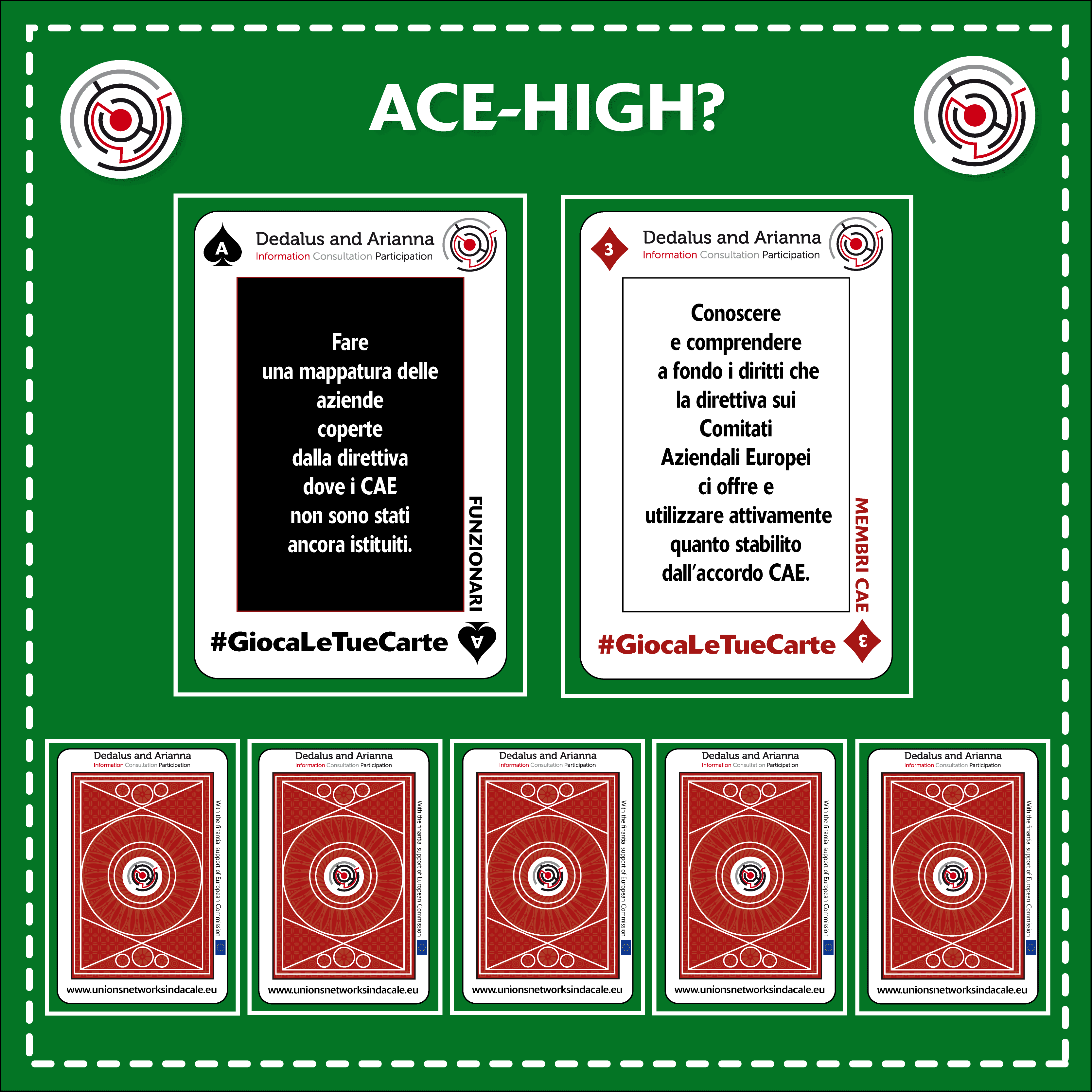
What are EWCs?
European Works Councils (EWC) are supranational bodies of workers’ representation in multinational companies. Their role is to ensure workers’ information and consultation in forms, ways and times that can guarantee the effective functioning of the confrontation process between workers’ representatives and the management.
On the scene of global industrial relations, EWCs represent a unique case of workers’ representation. The European Union is, in fact, the only geopolitical entity within whose boarders the right to constitute an organism of transnational workers’ representation in multinational companies is recognized. This is made possible thanks to the negotiation of agreements to constitute EWCs in community-scale undertakings, pursuant to directive 94/95 as recast in directive 2009/38 and in the various national transposing legislations.
A community-scale undertaking is to be understood as a company employing at least 1,000 workers within the European Union and present in two or more Member States with at least 150 employees (art. 2 94/95). The central management of such an enterprise, either on its own initiative or upon written request of 100 employees located in at least two different Member States, is obliged to initiate negotiations for the constitution of an EWC, taking on all related expenses, or to provide alternative procedures for workers’ information and consultation. To this end, a specific Special Negotiation Delegation (SND) will be created.
EWCs do not have the right to negotiation, which means they cannot sign collective transnational agreements. This right in fact remains with the organizations for workers’ representation on a national level – trade unions and trade union federations – and on a European level in different industries.
It is estimated that the existing number of EWCs in the UE today corresponds to about 40% of the EWCs that could be constituted in multinational companies respecting the parameters of size and presence in member states set by European directive 2009/38. In the more than 2200 community-scale enterprises listed by the ETUI, in fact, 1071 EWCs are active operating in about one thousand multinational companies. These figures show that there are clear margins for development concerning these important tools for workers’ representation.
This section provides studies and in-depth analyses about the presence and functioning of EWCs, useful materials to understand the dynamics and actors that revolve around the issue of transnational workers’ representation, useful tools to further and support initiatives concerning EWCs and transnational trade union action. Click on the menu to read and download the documents.
- EWCs dictionary
- The EWCs in Italy
- EWC and SE Works Councils in 2015
- Directive 2009_38
- Comparison between the two EWCs directives
This project has been funded with support from the European Commission. This publication reflects the views only of the author, and the Commission cannot be held responsible for any use which may be made of the information contained therein.
Downloads
- REPORT FINALE ICARUS (261.1 KiB, 1,772 hits)
 Coorindamento per andare oltre la direttiva
Coorindamento per andare oltre la direttiva
Date: Wed Sep 30 13:31 A cosa servono i CAE
A cosa servono i CAE
Date: Wed Sep 30 13:28 Statistiche sui CAE
Statistiche sui CAE
Date: Wed Sep 30 13:20
-

-

ANTONIO ZAGARI – EWC SUEZ, FIOM CGIL, MILAN
12 September 2016 By Dedalus -

MARIO ONGARO – THE COORDINATOR OF FISAC CGIL INTERNATIONAL DEPARTMENT
12 September 2016 By Dedalus
-

José Manuel López Viñolo, EWC Saica Pack, CCOO de Catalunya
16 February 2016 By Dedalus -

Andrea Capelli – Solvay EWC, Filctem Cgil, Milan
12 July 2016 By Dedalus -

-

GIULIO REGENI – UNDERSTANDING THE EGYPTIAN DEMOCRATIC WORKERS MOVEMENT
12 September 2016 By Dedalus -

Sonia Cattaneo – EWC Air Liquide, FEMCA CISL Milan
15 February 2016 By Dedalus -

Juan Ramón Amorós, EWC Boehringer-Ingelheim, CCOO
16 February 2016 By CCOO de Catalunya

Sito web a cura del Dipartimento Internazionale di CGIL Lombardia: internazionale@cgil.lombardia.it (Responsabile Fabio Ghelfi).


